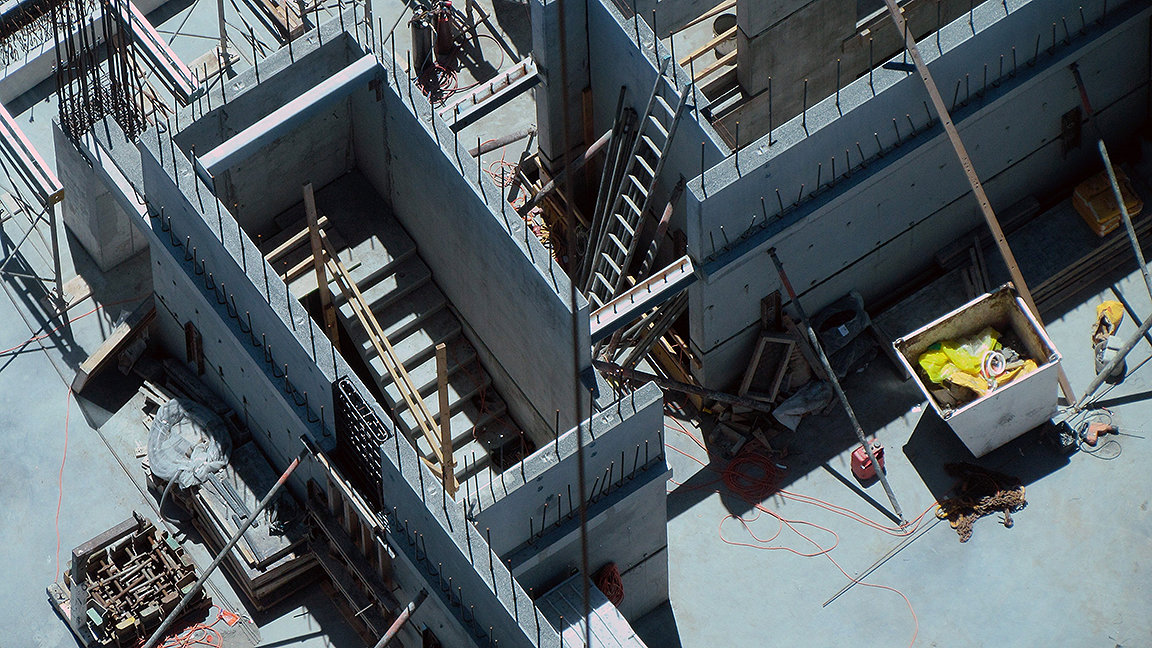
Since the Grenfell Tower fire of 2017 and the subsequent Hackitt review, the UK government has introduced a range of measures that aim to improve building safety.
One in particular that building surveyors should be aware of is the Construction Products (Amendment) Regulations 2022, which came into force in July 2022.
These regulations enable the secretary of state for the Department for Levelling Up, Housing and Communities (DLUHC) to act as an enforcement authority for such products.
Regulator aims to improve enforcement
In turn, this has paved the way for a new National Regulator for Construction Products, established by the Office for Product Safety and Standards (OPSS), to enhance and strengthen regulation of construction products.
The EU Construction Products Regulation 305/2011 had been intended to be enforced across the UK by local authorities' trading standards departments.
However, DLUHC's Testing for a safer future report, an independent review of the construction products testing regime published in April 2023, failed to find records of any successful prosecutions in the UK under this legislation – which is hardly surprising, given the chronic underfunding of trading standards.
The direct involvement of OPSS, acting under DLUHC, should improve the effectiveness of enforcement and lead to prosecutions where defective and dangerous products are on the market.
Competence emphasised under new legislation
The effectiveness of the Building Safety Act 2022 will depend hugely on the secondary legislation; nevertheless, it is still likely to have profound consequences.
For example, Part 3 of the 2022 Act amends the Building Act 1984 to allow the imposition of competence requirements on prescribed persons involved in any activity subject to the Building Regulations.
The 2022 Act defines competence as including necessary 'skills, knowledge, experience and behaviours of an individual'.
Part 4 meanwhile imposes duties on accountable persons to manage this, subject to regulations made by the secretary of state.
The new secondary legislation has now been published as The Building Regulations etc. (Amendment) (England) Regulations 2023 and came into effect on 1 October 2023.
One of the required behaviours is refusing to follow instructions that would either result in an unsafe outcome or involve performing a task that is beyond the competence of the individual concerned.
Consequently, proving competence will be crucial.
To this end, the Construction Products Association (CPA) has published the Built environment – proposed construction product competence standard – white paper, to determine, demonstrate and recognise construction product competence.
This has been developed by Competence Steering Group (CSG) Working Group 12 – part of the Industry Response Group set up following the Grenfell Tower fire – with the CPA leading the work.
The paper has been welcomed throughout the construction products supply chain.
The British Standards Institution has also recently started work on a full British Standard based on the white paper. This aims to ensure individuals using or working with construction products are competent and can demonstrate their competence to others.
The initiative is based on the understanding that the many parties in the supply chain – including surveyors, manufacturers, distributors, architects, risk assessors, building safety managers, installers and maintainers – must be competent in dealing with construction products.
The new British Standard will cover the core criteria that should be achieved, demonstrated and maintained by all such professionals making choices about construction products at every level in the built environment sector.
Further measures due on testing and golden thread
Testing for a safer future also identified potential weaknesses in the existing construction product testing regime and recommended improvements, with one of the issues raised being lack of effective enforcement.
Legislation setting out requirements for the golden thread of design and construction information, and also for mandatory occurrence reporting, took effect on 1 October 2023, enforced by The Building (Higher-Risk Buildings Procedures) (England) Regulations 2023.
These regulations are intended to establish and maintain a holistic system to ensure that safety is taken into account at every stage in a building's life cycle, helping residents to feel secure in their homes.
The Institution's own site also hosts an information centre on the act that is frequently updated, and an FAQs page, as well as a fire safety hub.
Michael Skelding is general manager and secretary at the Door & Hardware Federation
Contact Michael: Email
Related competencies include: Design and specification, Inspection, Legal/regulatory compliance

